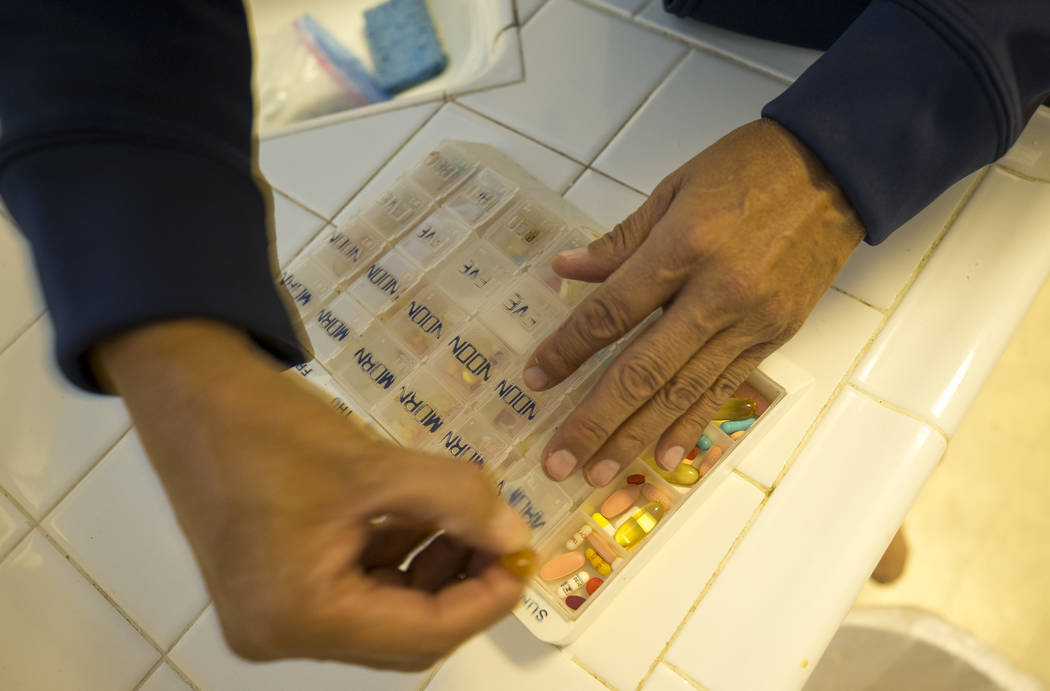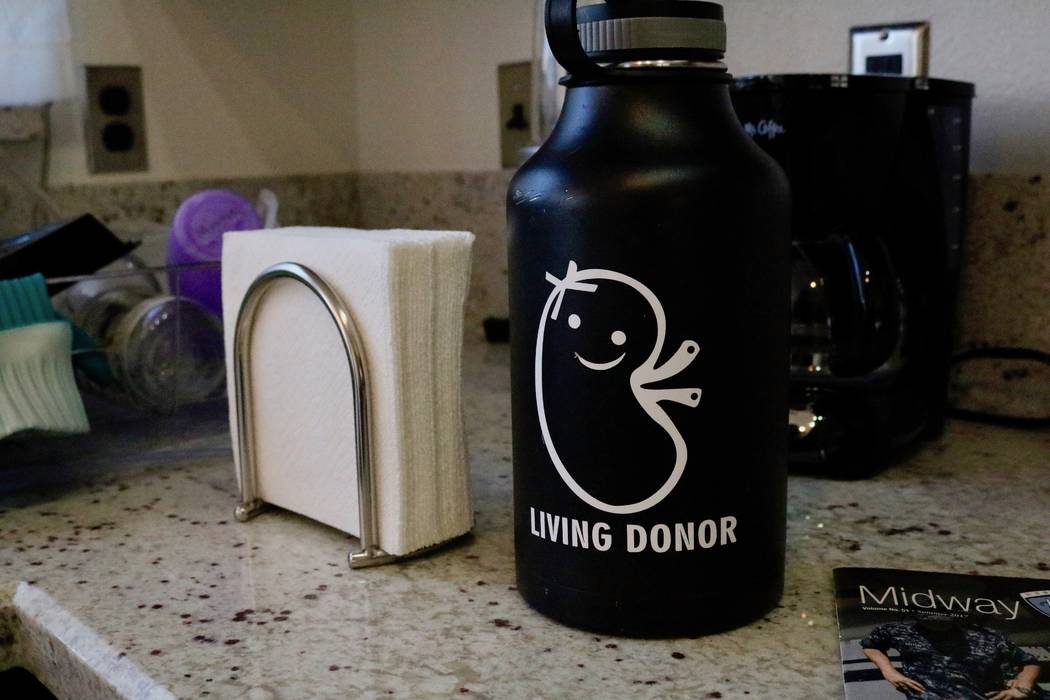Greg Dill: How Medicare covers kidney disease
Did you know that one in three American adults is at risk for kidney disease? Major risk factors for kidney disease include diabetes, high blood pressure, a family history of kidney failure, and being age 60 or older.
The best way to fight kidney disease is to find it before trouble starts. But if you’ve already been diagnosed, Medicare can help you make informed decisions about your care.
The kidneys are two bean-shaped organs. Each kidney is about the size of a fist. Your kidneys filter extra water and wastes out of your blood and make urine. Kidney disease means your kidneys are damaged and can’t filter blood the way they should.
If you experience kidney failure, treatments include dialysis or kidney transplant. Other kidney problems include acute kidney injury, kidney cysts, kidney stones, and kidney infections.
If you have Stage IV chronic kidney disease that will usually require dialysis or a kidney transplant, Medicare covers up to six kidney disease education sessions that teach you how to take the best possible care of your organs. Topics include how to prevent complications of kidney disease, what to eat and drink, and what options you have if your kidneys get worse, like dialysis and kidney transplants.
Here’s more information about how Medicare covers dialysis and transplants: bit.ly/2INhBpS
If you or a loved one has advanced kidney problems requiring dialysis, often known as End-stage Renal Disease (ESRD), finding the right care can be a challenge.
Dialysis centers can vary in the quality of care and services they provide, so it’s important to understand the differences in dialysis centers in your area before you decide where to go for care. If you’re already on dialysis, it’s also important to understand the quality of care that your dialysis center delivers.
Medicare’s Dialysis Facility Compare website — medicare.gov/dialysisfacilitycompare — lets you easily search for dialysis centers, compare them side by side, and find the right one for you. You also can see how dialysis patients responded to survey questions about their dialysis center, their kidney doctor, and the center’s staff.
Dialysis Facility Compare provides information on more than 6,500 centers throughout the United States. The website assigns each facility from one to five stars, based on the quality of its patient care. Five stars is the highest rating.
Dialysis Facility Compare is one of many sources of information you can use when deciding where to get dialysis. When you’re looking for a dialysis center that’s right for you, talk to your doctor and dialysis center staff about what this information means and how you can use it to make health care decisions.
You can protect your kidneys by preventing or managing health conditions that cause kidney damage, such as diabetes and high blood pressure. The steps described below may help keep your whole body healthy, including your kidneys.
During your next medical visit, you may want to ask your healthcare provider about your kidney health. Early kidney disease may not have any symptoms, so getting tested may be the only way to know your kidneys are healthy. Your health care provider will help decide how often you should be tested.
See a provider right away if you develop a urinary tract infection (UTI), which can cause kidney damage if left untreated.
Choose foods that are healthy for your heart and your entire body: fresh fruits, fresh or frozen vegetables, whole grains, and low-fat or fat-free dairy products. Eat healthy meals, and cut back on salt and added sugars. Aim for less than 2,300 milligrams of sodium each day. Try to have less than 10 percent of your daily calories come from added sugars.
The National Institute of Diabetes and Digestive and Kidney Diseases offers tips on making healthy food and lifestyle choices here: bit.ly/2zk1bEo
Greg Dill is Medicare’s regional administrator for Nevada, Arizona, California, Hawaii and the Pacific Territories. You can get answers to your Medicare questions by calling 1-800-MEDICARE (1-800-633-4227).


















